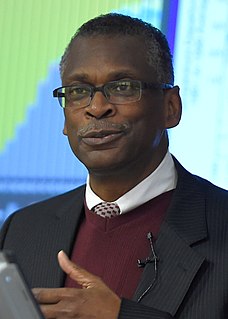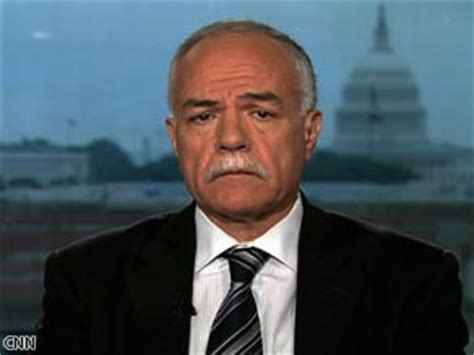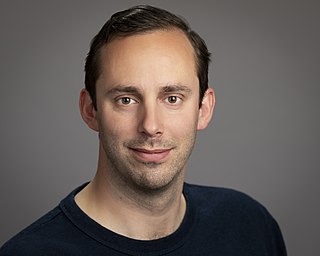A Quote by Martin Amis
I want incremental improvements. There's the record of all the revolutionary and violent change and extremism in general - it's dreadful.
Quote Topics
Related Quotes
In my view, and in the view of a lot of intelligence experts, the terrorist threat that we face now has morphed significantly from the days of 9/11 to homegrown violent extremism. We have to be concerned and focused on homegrown violent extremism, countering violent extremism that exists within our borders.
I was lucky enough to build on the work of a number of people who had already run laps around this theory-building track. The original classification scheme, years ago, distinguished radical from incremental change. The theory said that established firms managed incremental change well, but would be expected to founder when their industry encountered a radical change.
With his decision to use force against the violent extremists of the Islamic State, President
Obama ... is stepping once again - and with understandably great reluctance - into the chaos
of an entire civilization that has broken down. Arab civilization, such as we knew it, is all but
gone. The Arab world today is more violent, unstable, fragmented and driven by extremism -
the extremism of the rulers and those in opposition-than at any time since the collapse of the
Ottoman Empire a century ago.
Islamism implies some sort of political and social plan for Muslim people. In that classification, we find different categories. Legalist ones, traditional ones and revolutionary ones. Some of them are revolutionary but are non-violent, others are extremely violent. There are also the ones we call the literalists, like the Egyptian party Hizb al-Nour that used to be against democracy and now is getting into the political game.
Israel welcomes the wind of change, and sees a window of opportunity. Democratic and science-based economies by nature desire peace. Israel does not want to be an island of affluence in an ocean of poverty. Improvements in our neighbours' lives mean improvements to the neighbourhood in which we live.






































